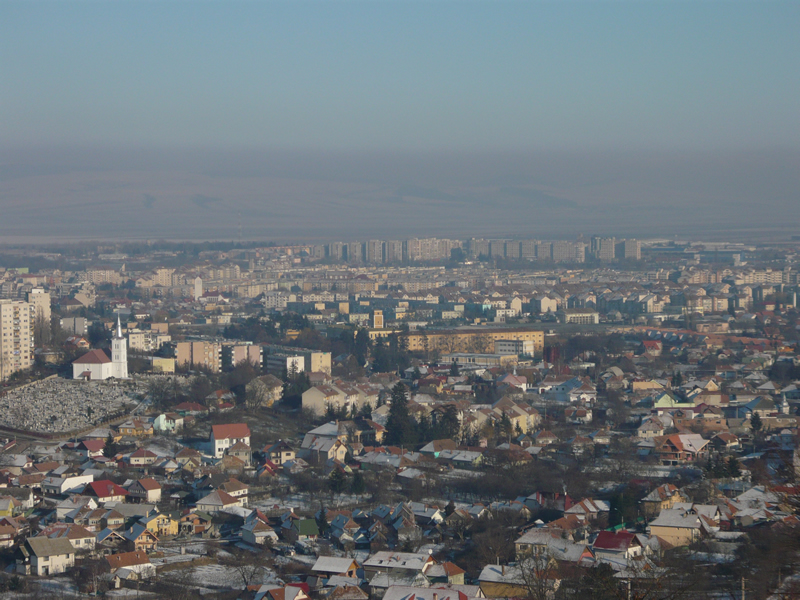
Ortodoxe
Sf. Iustin Martirul şi Filosoful şi cei împreună cu el
Greco-catolice
Sf. m. Iustin Filosoful şi cei împreună cu el
Romano-catolice
Sf. Iustin, filozof m.
Sfântul Iustin Martirul şi Filosoful este prăznuit de Biserică în ziua de 1 iunie.
Sfântul Iustin a trăit în vremea împăraţilor romani Antonin cel Pios (138-161) şi Marcus Aurelius (161-180).
S-a născut în Flavia Neapolis (Sichem), Palestina, într-o familie aristocratică şi a primit o bună educaţie.
Sfântul Iustin, având înţelepciune şi dragoste de carte, căuta să-L cunoască cu mintea pe Dumnezeu şi a descoperit, pe rând, în încercările sale filosofia stoică, cea peripatetică, pitagoreică, apoi platonismul. Prin niciuna din acestea nu a ajuns însă la cunoştinţa lui Dumnezeu.
Într-o plimbare pe care o făcea la malul mării, Sfântul Iustin a întâlnit un bărbat necunoscut, cărunt şi plăcut la înfăţişare, pe care l-a privit îndelung. Au intrat în dialog şi acesta i-a dovedit zădărnicia fiecărui sistem filosofic.
"Eu îţi spun cu adevărat, că mintea omenească, nepovăţuindu-se de Duhul Sfânt şi neluminându-se prin credinţă, nu poate să ştie şi să înţeleagă pe adevăratul Dumnezeu!", spunea necunoscutul.
Acestea şi multe altele grăind bătrânul despre dreapta cunoştinţă de Dumnezeu, despre adevărata cinstire de Dumnezeu şi despre celelalte lucruri dumnezeieşti, Iustin, văzând rătăcirea filosofilor elini, se minuna. Apoi a zis: "Deci, unde şi ce fel de dascăl poate să afle cineva ca să-l povăţuiască după adevăr, dacă în Platon şi-n ceilalţi filosofi nu este adevărul?".
Sfinţii proroci au cunoscut adevărul de la început şi l-au spus oamenilor, i-a spus omul din faţa sa. Şi spunând adevărul, nu s-au ruşinat de nimeni, nici nu s-au temut, nici nu s-au biruit de slava deşartă; ci l-au spus drept, curat şi fără de frică.
Dar, mai înainte de toate, Sfântul Iustin a fost sfătuit să se roage cu dinadinsul adevăratului Dumnezeu, ca să-i fie deschisă uşa luminii, de vreme ce nu poate cineva să ştie şi să înţeleagă pe cele ce sunt ale lui Dumnezeu, decât numai cel căruia însuşi Dumnezeu va voi să-i descopere.
După această întâlnire, mărturisea Sfântul Iustin într-o scriere ("Dialog cu iudeul Tryfon"), i s-a aprins deodată un foc în suflet şi a fost cuprins de o mare dragoste de proroci, ca şi de bărbaţii aceia care au fost prietenii lui Hristos (Sfinţii Apostoli). Şi, gândindu-se la cuvintele bătrânului, găsea că aceasta este singura filosofie sigură şi aducătoare de folos. Convertirea a fost atunci încheiată.
Aşa a ajuns să studieze cu asiduitate Scriptura Veche (Vechiul Testament) şi scrierile Sfinţilor Apostoli.
A fost unul dintre apărătorii cei mai devotaţi ai credinţei creştine, trimiţând două apologii, una împăratului şi cealaltă senatului roman.
După convertire a plecat la Efes, unde are loc dialogul cu iudeul Tryfon şi apoi ajunge la Roma, unde va deschide prima şcoală filosofică în care se va preda credinţa creştină, în condiţiile în care creştinii sufereau persecuţii extrem de dure.
A fost chemat înaintea autorităţilor pentru vini închipuite, plăsmuite de cel care se arăta a fi şi el cărturar, un filosof cinic pe nume Crescens, cunoscut la Roma. Acesta îl ura cumplit pe Sfântul Iustin, pentru faptul că în toate disputele pe care le aveau era învins şi umilit.
Când a fost întrebat dacă renunţă la Hristos, Sfântul Iustin a răspuns: "Niciun om în toate minţile nu abandonează Adevărul pentru eroare".
În anul 165, după denunţul lui Crescens, Sfântul Iustin primeşte moartea martirică prin tăierea capului. (surse: vol. "Vieţile Sfinţilor"; https://www.crestinortodox.ro)
AGERPRES/(Documentare - Mariana Zbora-Ciurel, editor: Ruxandra Bratu)












Comenteaza la aceasta stire!